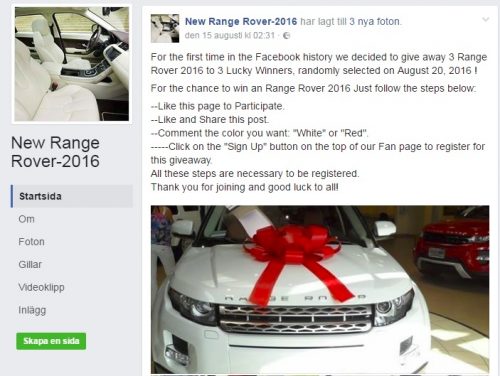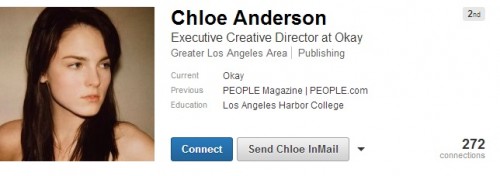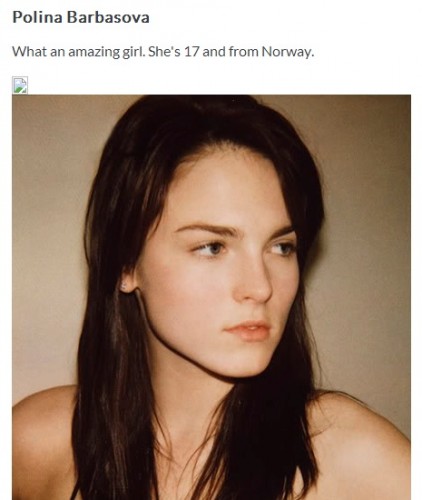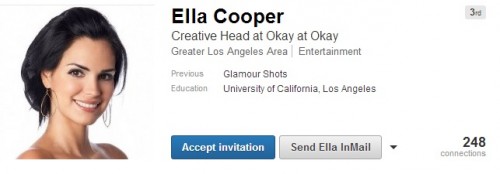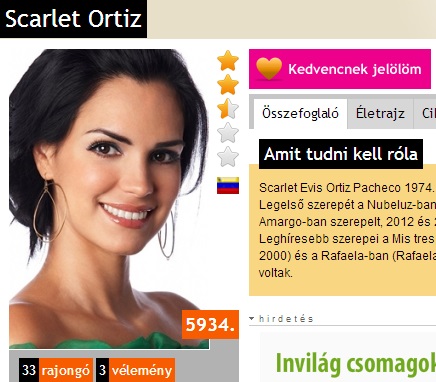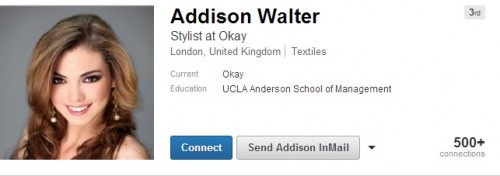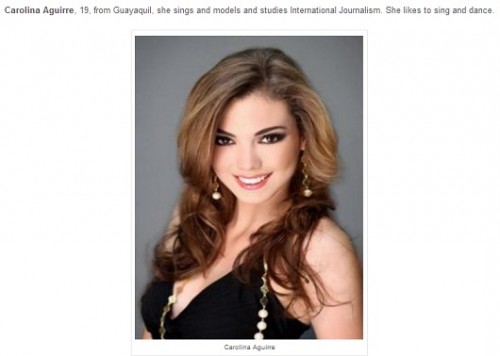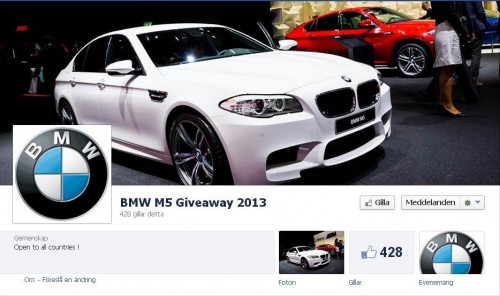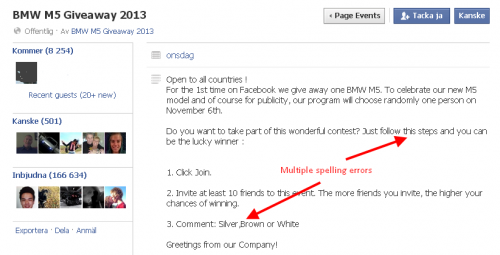Whenever there is a major event, news story or a natural disaster like the hurricane Dorian, someone is going to try to take advantage of it to gain followers and reach on social media. Do you remember the fake photo of “Frankenstorm” hurricane Sandy, that looked like it would destroy all of Manhattan? Completely fake of course, but that didn’t stop people from sharing it more than 626,000 times on Facebook. Incredible!

This was back in 2010, and although Facebook’s algorithm has changed and it might be a little harder to get that kind of virality today, we as users probably haven’t become much smarter.
As hurricane Dorian approached the coast of Florida, a Twitter account tweeted a video that appeard to show an enormous hurricane about to hit Miami Beach.
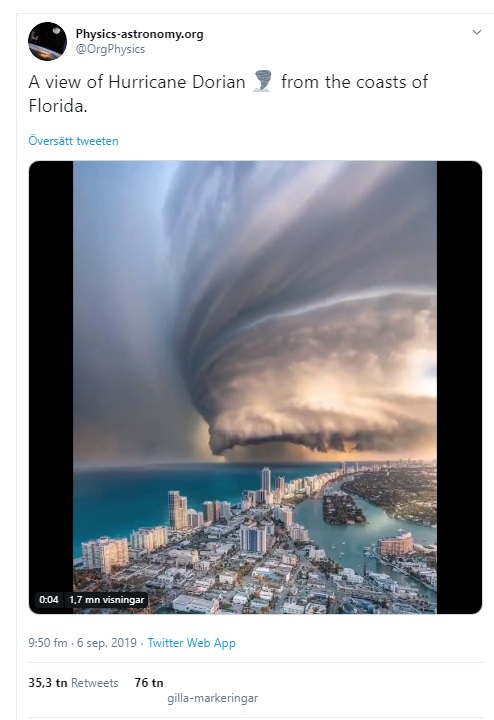
The tweet has gotten more than 1.7 million views, 35,000 retweets and 76,000 likes in one day, despite the fact that it is obviously fake. It looks fake and it is very easy to fact check, especially if you know that hurricanes originating in the northern hemisphere rotate counterclockwise. In the fake video, the hurricane spins clockwise.
Also, many of the replies to the tweet point out that it is not true and even link to sources that debunk the claim of the tweet.
The same video has also been shared several times on Instagram, but has since been taken down.
The computer animated video was first posted to Instagram in May 2019, several months before hurricane Dorian started to emerge. You can see the video here:
Visa det här inlägget på Instagram
Why do we share fake news on social media?
So why do we keep sharing stories that are so blatantly false? There are probably many reasons why this happens. Research into why people share fake news show that “Individuals tend not to question the credibility of information unless it violates their preconceptions or they are incentivized to do so”. There is also a tendency to view unique content as “too good not to share”.
In other words, there is no incentive to fact check something that looks so cool. Some may not even care.
There are many ways you can fact check social media posts, by googling and checking hashtags. You can take a screen shot and do a reverse image search on Google, that often reveals that the footage is older than what it appears to be. And as always, if it looks too good too be true, it probably is fake.
